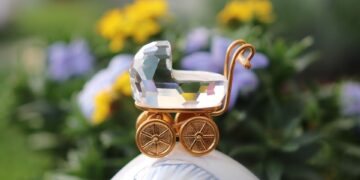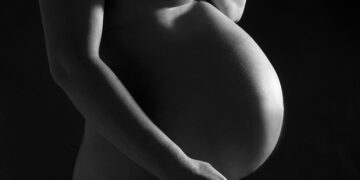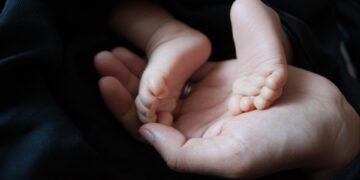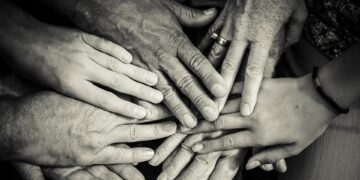Renewing Strength: Navigating Postpartum Recovery With Grace and Resilience
Bringing a new life into the world is a miraculous and beautiful experience, but it also comes with its own set of challenges. Postpartum recovery is a crucial period for new mothers as they navigate the physical, emotional, and mental changes that come with childbirth. It is a time of healing, adjustment, and renewal.
The Importance of Postpartum Recovery
Postpartum recovery is essential for the well-being of both the mother and the baby. It allows the mother to heal physically from the demands of pregnancy and childbirth, while also providing her with the opportunity to bond with her new baby and adjust to the changes in her life. Taking care of oneself during this period is crucial for overall health and well-being.
Physical Recovery
One of the key aspects of postpartum recovery is physical healing. The body undergoes significant changes during pregnancy and childbirth, and it takes time for it to return to its pre-pregnancy state. Some common physical challenges that new mothers may face include soreness, fatigue, and changes in weight and body shape.
It is important for new mothers to listen to their bodies and give themselves time to heal. Rest, proper nutrition, and gentle exercise can all help to promote physical recovery. It is also important to consult with a healthcare provider if there are any concerns or complications during the recovery process.
Emotional and Mental Health
Postpartum recovery is not just about physical healing – it also involves emotional and mental well-being. The hormonal changes that occur after childbirth can lead to mood swings, anxiety, and depression. It is important for new mothers to be aware of these potential challenges and seek support if needed.
Talking to a therapist, joining a support group, or simply talking to friends and family can all help to promote emotional and mental health during the postpartum period. It is important for new mothers to prioritize self-care and to be gentle with themselves as they navigate the ups and downs of motherhood.
Support Systems
Having a strong support system in place is crucial for navigating postpartum recovery with grace and resilience. This may include partners, family members, friends, healthcare providers, and other new mothers who can provide guidance, encouragement, and practical help during this challenging time.
It is important for new mothers to communicate their needs and to ask for help when needed. Remember, it’s okay to accept assistance and support from others – you don’t have to do it all on your own. Building a strong support network can help to alleviate some of the stress and pressure that comes with caring for a new baby.
Self-Care and Wellness
Self-care is an essential aspect of postpartum recovery. Taking time for yourself, even if it’s just a few minutes each day, can help to promote physical, emotional, and mental well-being. This may include activities such as taking a warm bath, going for a walk, reading a book, or practicing relaxation techniques.
It is important for new mothers to prioritize self-care and to make time for activities that bring them joy and relaxation. Remember, taking care of yourself is not selfish – it is necessary for your overall health and well-being, as well as for the well-being of your new baby.
Common Questions About Postpartum Recovery
How long does postpartum recovery take?
Postpartum recovery is a gradual process that can take several weeks to several months, depending on the individual. It is important for new mothers to listen to their bodies and give themselves time to heal.
When should I seek help for postpartum depression?
If you are experiencing symptoms of postpartum depression, such as persistent sadness, anxiety, or difficulty bonding with your baby, it is important to seek help from a healthcare provider. Postpartum depression is a common condition that can be treated with therapy, medication, and support.
What are some self-care activities that can help with postpartum recovery?
Self-care activities that can help with postpartum recovery include taking a warm bath, going for a walk, reading a book, practicing relaxation techniques, and spending time with loved ones. It is important for new mothers to prioritize self-care and to make time for activities that bring them joy and relaxation.
Conclusion
Postpartum recovery is a challenging but ultimately rewarding time for new mothers. By prioritizing physical, emotional, and mental well-being, seeking support from a strong network of family and friends, and practicing self-care and wellness activities, new mothers can navigate this period with grace and resilience.
Remember, it’s okay to ask for help and to take care of yourself during this time. By renewing your strength and resilience, you can emerge from postpartum recovery feeling empowered and ready to embrace the joys and challenges of motherhood.
Take it one day at a time, be kind to yourself, and remember that you are not alone on this journey. With the right support and self-care practices in place, you can navigate postpartum recovery with grace and resilience.









































